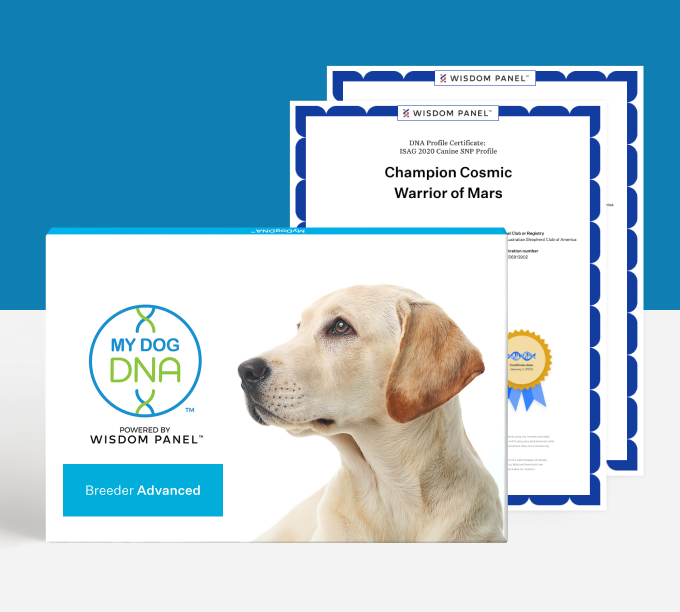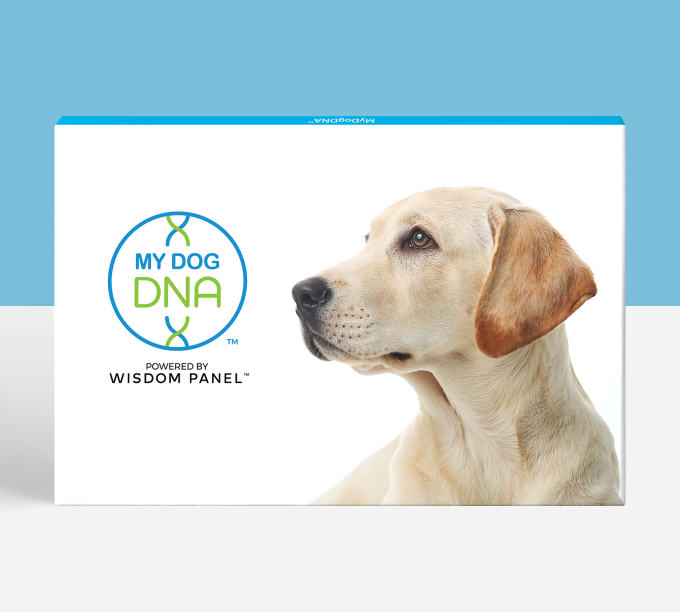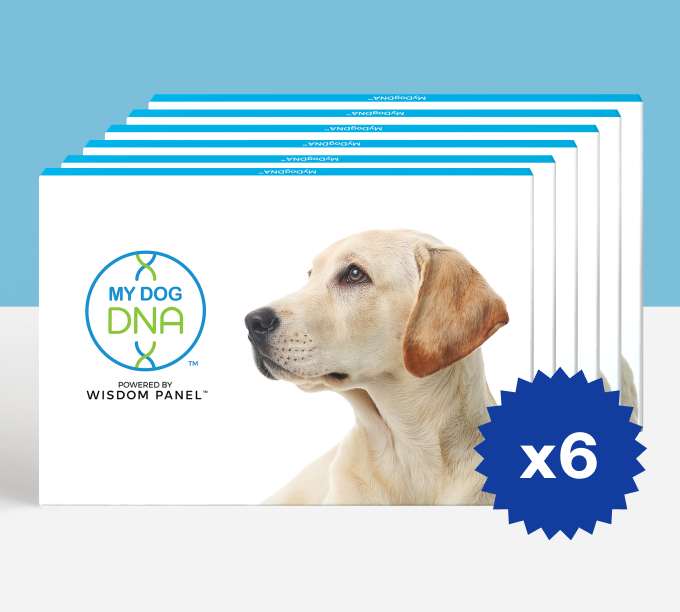One of the things that excites us at Wisdom Panel—in addition to delivering actionable insights to individual pet parents—is the potential for genetic research to fuel scientific breakthroughs that improve the lives of pets everywhere. That’s why we’re thrilled about the recently announced partnership between our parent company, Mars Petcare, and the Broad Institute of MIT and Harvard. Through this collaboration they will sequence an impressive 20,000 cat and dog genomes over the next ten years. That’s 2.4 billion letters of DNA for every pet enrolled in the program!
But that’s not all. Mars Petcare has announced that the data generated will be open access. That means the entire canine and feline scientific community will be able to share the benefits of the project to advance their studies and maximise the benefits in improving pet health for generations to come.
Why is large-scale genome sequencing important?
Genome sequencing on this scale will improve the understanding of the canine and feline genomes at a resolution not seen before. It will enable scientists to develop data processing tools that allow a broad range of studies to be conducted in more depth and more rapidly. This includes investigations into breed ancestry, genetic disease, common illnesses, pet aging, and more.
Here at Wisdom Panel, we have a special interest in this partnership. That’s because all the dogs and cats to be genome-sequenced as part of this project are also enrolled in the Mars Petcare Biobank. In this initiative, the Biobank team is actively collecting detailed health data from participating pets across a ten year period, including Wisdom Panel DNA test results. Analysis of this data will one day allow predictive health to identify illnesses before they strike and insights that support individualized pet health solutions, which has the ability to transform pet healthcare.
What’s next?
While the partnership will span a decade, initial results from the genome data analysis are likely to be published in 2023, with updates continuing throughout the initiative. And you can bet that we’ll be sharing relevant updates here on our MyDogDNA blog.








